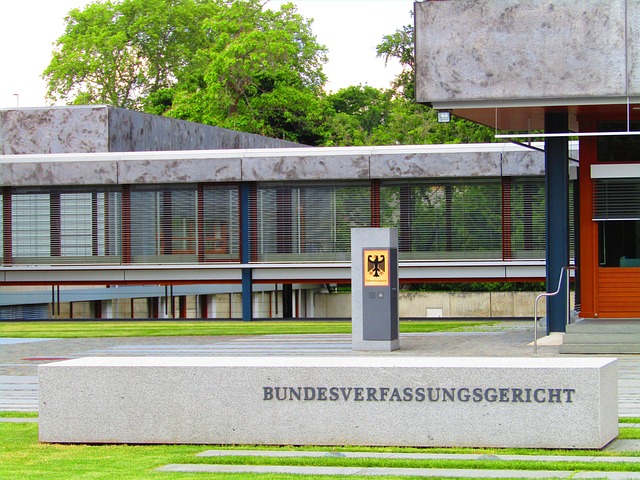Navigating contempt legal processes demands strategic planning, including gathering strong evidence of non-compliance and crafting compelling arguments about its impact on justice. Success relies on presenting robust cases to appeals courts, ensuring fairness and respect for court orders. Technical hurdles like API status codes 502 require early recognition and adaptation, focusing on data integrity, error handling, and alternative solutions to enhance the efficiency and effectiveness of contempt legal strategies.
Navigating contempt legal processes and appeals can be complex, but understanding these strategic avenues is crucial for ensuring justice. This comprehensive guide delves into the intricacies of contempt laws, offering practical insights on both preventive measures and appeal strategies. Whether you’re a legal professional or an individual facing such challenges, these steps will equip you with the knowledge to defend your rights effectively. Learn how to identify potential contempt scenarios and master the art of navigating appeals for optimal outcomes.

Navigating contempt legal processes requires a strategic approach, especially when considering appeals. Effective contempt legal strategies involve meticulous planning and a deep understanding of the jurisdiction’s laws. One key aspect is to gather compelling evidence to prove non-compliance with court orders, demonstrating willful behavior. This can include documents, witness testimonies, or any relevant digital evidence that showcases the disregard for judicial authority.
Additionally, legal professionals should focus on crafting persuasive arguments that highlight the severity of the contempt and its potential impact on the justice system. By presenting a robust case, appeals courts are more likely to recognize the validity of the charges and uphold the original decision. These strategies ensure a fair process, maintaining the integrity of legal proceedings and fostering respect for court orders.
API responded with status code 502.

When navigating contempt legal processes, understanding technical aspects like API responses can be a strategic advantage. A status code 502, indicating a “Bad Gateway,” suggests an intermediate issue between the client (your legal system) and the server (the judicial or legal database). This isn’t a direct reflection of your chosen contempt legal strategies but rather a technical hiccup in communication.
By recognizing such challenges early, legal professionals can adapt their approaches. For instance, ensuring data integrity and up-to-date systems, implementing robust error handling mechanisms, and employing alternative APIs or databases can mitigate the impact of these 502 errors. Ultimately, it enhances the efficiency and effectiveness of your contempt legal strategies.






